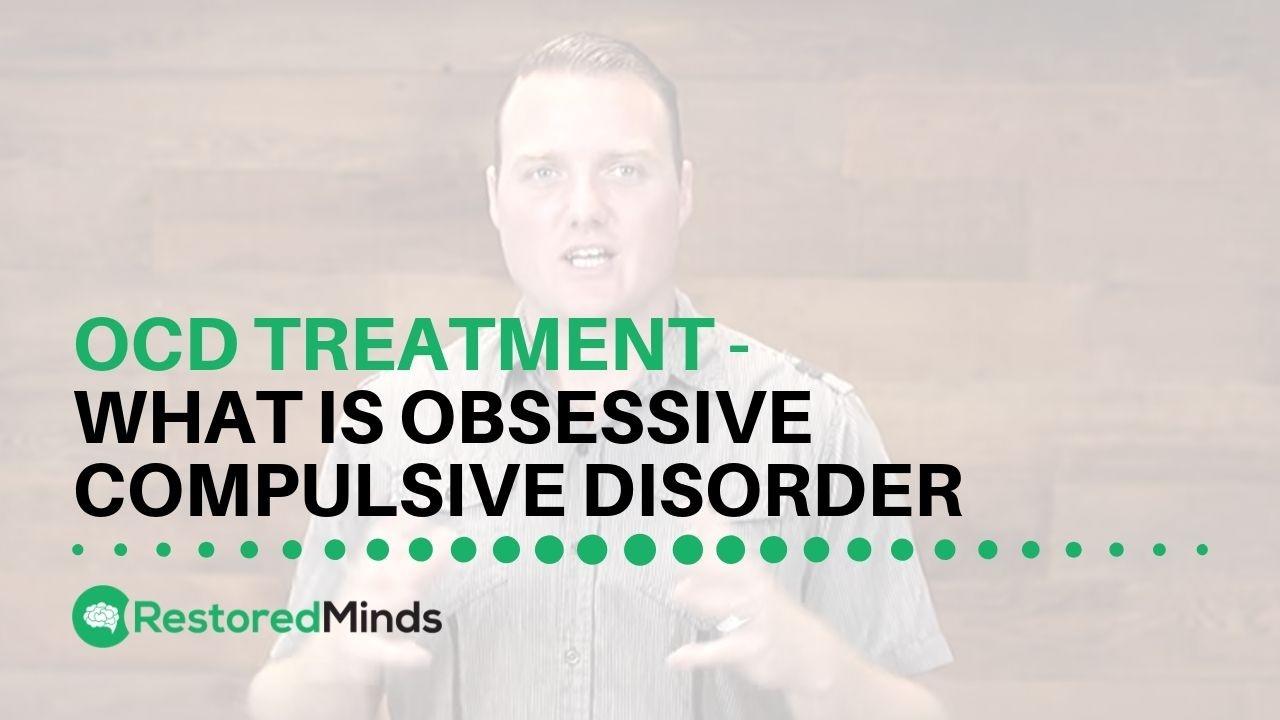OCD Treatment - What is OCD
Jun 13, 2018
Understanding the Basics of OCD: What is Obsessive-Compulsive Disorder?
Hello, and welcome to this comprehensive guide on OCD treatment and the OCD recovery process. My name is Matt Cotti. I'm a licensed clinical social worker and the founder of the OCD Academy. Today, I aim to provide an in-depth understanding of Obsessive-Compulsive Disorder (OCD), covering its symptoms, diagnosis, and treatment options. This blog is designed for individuals experiencing OCD and their families, aiming to guide them on the right path towards recovery.
What is OCD?
Obsessive-Compulsive Disorder (OCD) is a mental health condition characterized by two primary components: obsessions and compulsions. Understanding these components is crucial for accurate diagnosis and effective treatment.
Obsessions
Obsessions are unwanted, intrusive thoughts, images, or urges that cause significant anxiety or distress. These thoughts are often repetitive and persistent. Some common types of obsessions include:
-
Contamination OCD
: Fear of germs, dirt, or illness.
-
Harmful Thoughts
: Fear of causing harm to oneself or others.
-
Sexual Thoughts
: Intrusive sexual thoughts or images.
-
Religious Thoughts
: Obsessions related to morality or blasphemy.
-
Hit and Run OCD
: Fear of accidentally causing a traffic accident.
-
Relationship OCD
: Doubts about a romantic relationship.
-
Somatic OCD
: Focus on physical sensations or health concerns.
-
Perfectionism
: Fear of making mistakes or not being 'perfect.'
-
Hoarding
: Difficulty discarding items due to emotional attachment.
Compulsions
Compulsions are repetitive behaviors or mental acts that individuals feel driven to perform in response to an obsession. These actions aim to reduce the anxiety or distress caused by the obsessions. Common compulsions include:
-
Washing and Cleaning
: Excessive hand washing, cleaning, or sanitizing.
-
Checking
: Repeatedly checking locks, appliances, or to ensure safety.
-
Mental Compulsions
: Thought suppression, mental review, or mental ‘undoing.’
-
Avoidance
: Avoiding situations that trigger obsessions.
-
Reassurance Seeking
: Asking others to confirm safety or doubts.
The OCD Cycle
The OCD cycle consists of four primary components:
-
Obsession
: An intrusive thought or image.
-
Anxiety
: The uncomfortable feeling triggered by the obsession, such as anxiety, guilt, or doubt.
-
Compulsion
: A behavior or mental act performed to alleviate the discomfort.
-
Relief
: Temporary relief experienced after performing the compulsion.
While compulsions may provide short-term relief, they reinforce the obsession, making it more persistent and increasing anxiety over time. This cycle can become overwhelming and significantly impact daily life, including work, relationships, and personal well-being.
Breaking the OCD Cycle
The key to effective OCD treatment is breaking the cycle of obsessions and compulsions. This involves identifying behaviors that perpetuate the loop and gradually eliminating them. Cognitive-Behavioral Therapy (CBT) and Exposure and Response Prevention (ERP) are evidence-based treatments that have proven effective in treating OCD.
My Personal Experience with OCD
I want to be transparent and share my own experience with OCD. As someone who struggled with OCD in my late teenage years and early twenties, I understand the challenges you face. This personal journey inspired me to create the OCD Academy and help others navigate their recovery process.
Conclusion
Understanding OCD is the first step towards recovery. By recognizing the components of OCD and the cycle that maintains it, you can begin to take control of your mental health. Stay tuned for part two of this training, where I will discuss the OCD recovery process in detail.


